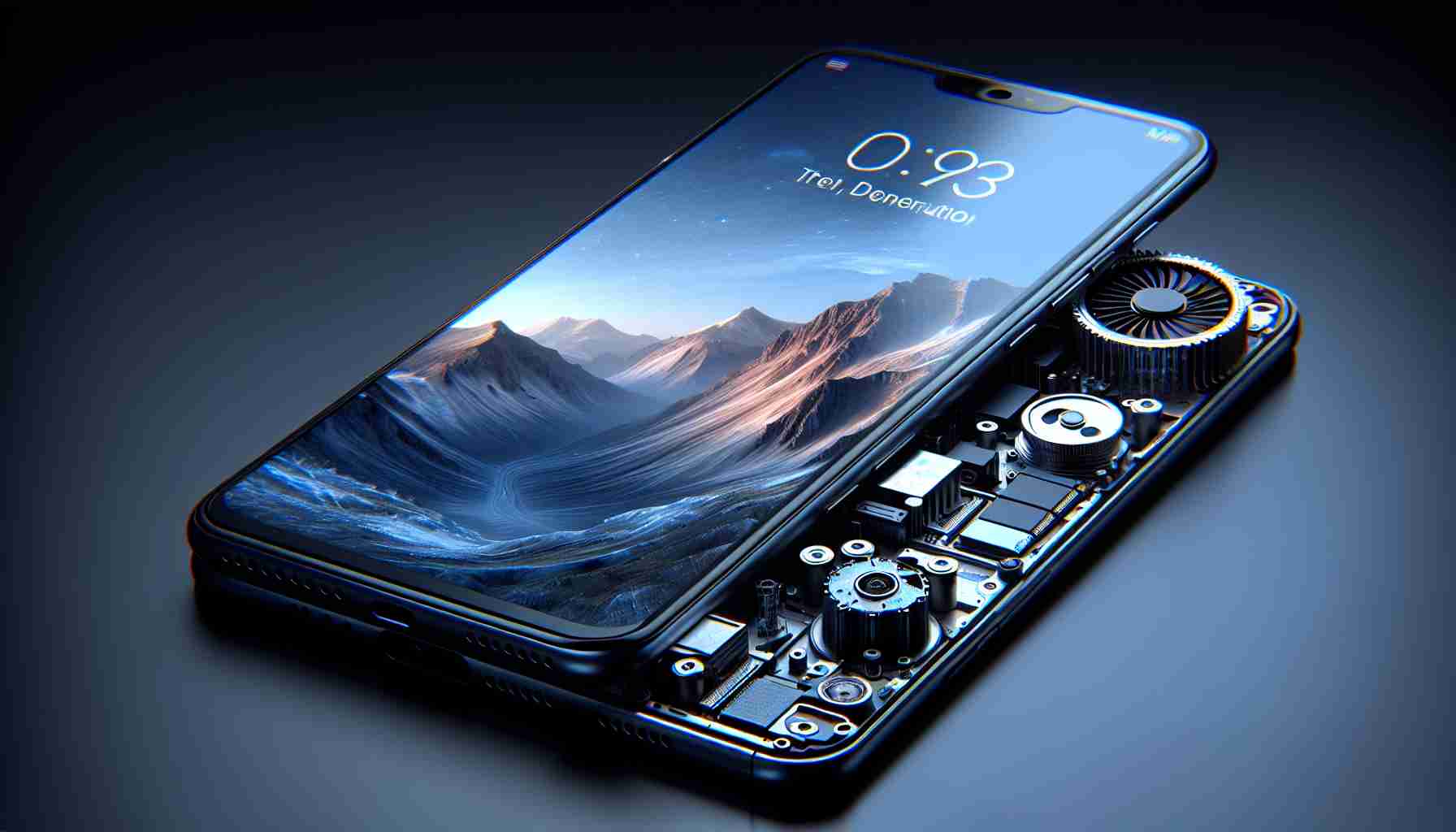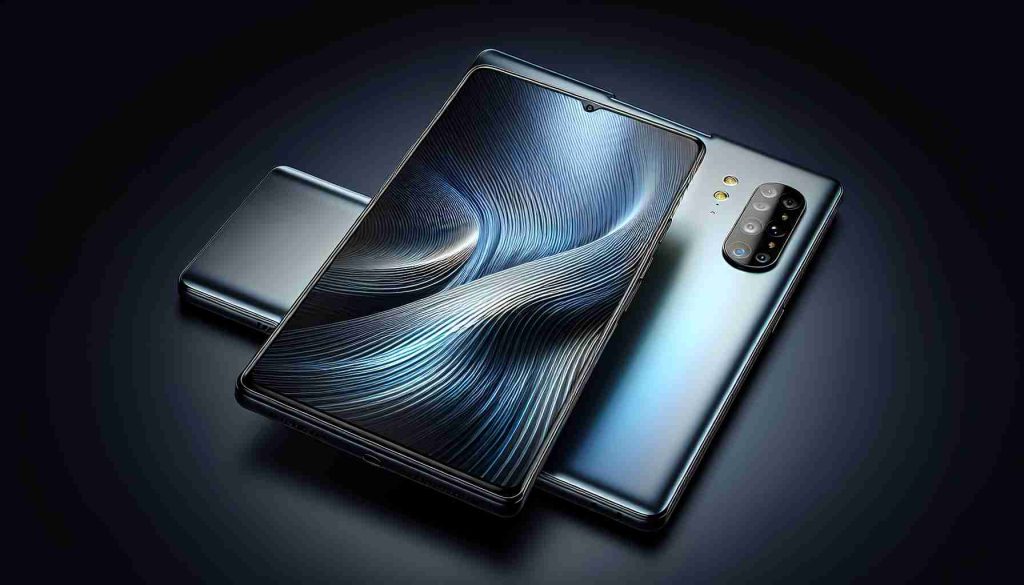The recent launch of the iPhone 16 by Apple has sparked considerable debate, particularly regarding its artificial intelligence (AI) capabilities. The new smartphone, revealed on September 10, features an AI function that currently only supports the English language. This omission could pose significant challenges for Apple as it competes with Huawei in the vast Chinese smartphone market.
Anticipated by many, the AI feature was expected to motivate consumers to upgrade, especially as Apple’s sales in China have shown signs of slowing down. However, Apple has not established any partnerships in China to enhance its AI functionalities, with plans to introduce Chinese language support only next year.
The iPhone 16’s unveiling dominated discussions on Chinese social media platforms, particularly before Huawei’s announcement of its new foldable smartphone, the Mate XT, which has already garnered 4 million pre-orders. Consumers expressed frustration over the lack of AI support, with one social media user questioning the value of buying the new iPhone without AI features.
While some analysts suggest that the absence of AI might not significantly hurt sales in the short term, they caution that competition could intensify. Local brands are developing their AI technologies as unique selling points, which may impact Apple’s position in the future. Apple is encouraged to localize its services swiftly to maintain its competitiveness in China’s rapidly evolving market.
Pre-orders for the iPhone 16 will begin on September 13, with deliveries set for September 20, keeping Apple’s strategy aligned with consumer expectations.
The launch of the iPhone 16 has not only highlighted Apple’s advancements but also raised critical questions and challenges surrounding its AI features. As consumers increasingly rely on smartphones that integrate artificial intelligence, Apple’s decision to offer a limited language capability at launch has attracted scrutiny.
One of the primary questions arising from this situation is: What are the potential impacts of its limited AI support on Apple’s market share? Analysts suggest that while the initial sales may not be drastically affected, the long-term implications could be severe. Local competitors like Huawei and Xiaomi are leveraging AI as a key marketing strategy, developing features tailored to regional markets, particularly in China.
Another pertinent question is: How does Apple’s approach to AI compare with its competitors? Apple’s AI technology, including features like predictive text and image recognition, has traditionally been seen as robust. However, the company has focused on privacy and security, which may limit some functionalities compared to rivals like Huawei that prioritize comprehensive AI capabilities. This dichotomy could alter consumer perceptions, especially in tech-forward regions.
Key challenges associated with the iPhone 16’s AI capabilities include:
1. Localization: Apple must adapt its AI technologies to meet the demands of non-English-speaking users more rapidly.
2. Competition: With the swift innovations from local companies that are not only supporting multiple languages but are also innovating in AI personalization, Apple’s market presence could be jeopardized.
3. Public Sentiment and Trust: Users are increasingly concerned about privacy and data handling practices by large tech companies. Apple must navigate these concerns while expanding its AI functionalities effectively.
Advantages of the iPhone 16’s AI features include:
– Quality over quantity: By prioritizing a secure AI experience, Apple maintains consumer trust—a significant asset in a market where privacy is becoming a major concern.
– Integrated ecosystem: The iPhone 16 continues to operate within the sophisticated Apple ecosystem, potentially enhancing user experience when combined with other Apple devices.
However, disadvantages also arise:
– Slow language support: The delay in introducing multi-language capabilities puts Apple at a disadvantage in non-English-speaking markets.
– Risk of obsolescence: If Apple does not roll out significant AI updates quickly, the iPhone 16 may become outdated in comparison to more AI-focused devices.
To remain competitive, Apple will need to reassess its AI strategy and consider local partnerships or technology imports that can expedite the development of broader language support. As the smartphone landscape evolves, the emphasis on AI capabilities is likely to play a pivotal role in consumer purchasing decisions.
For more information on Apple’s strategy and advancements, visit Apple.























